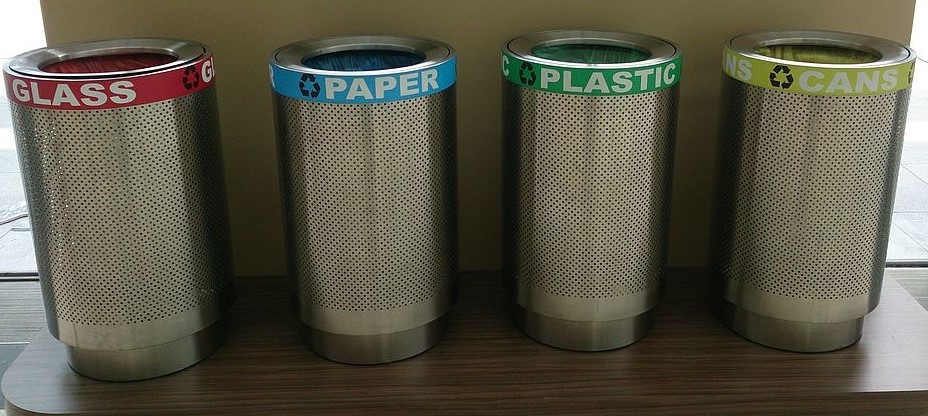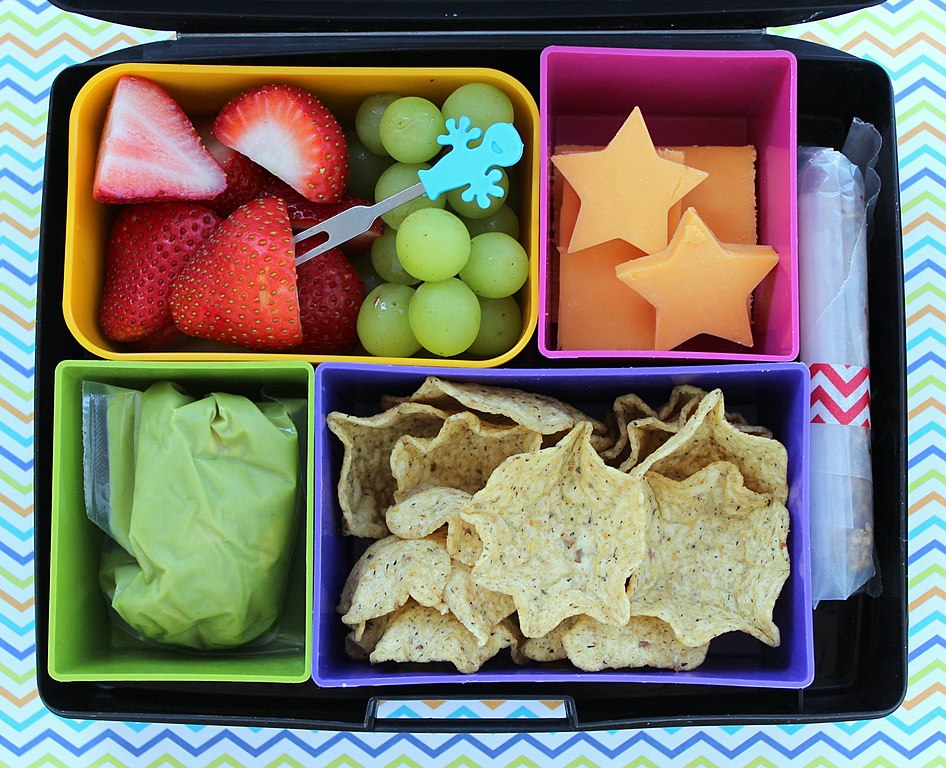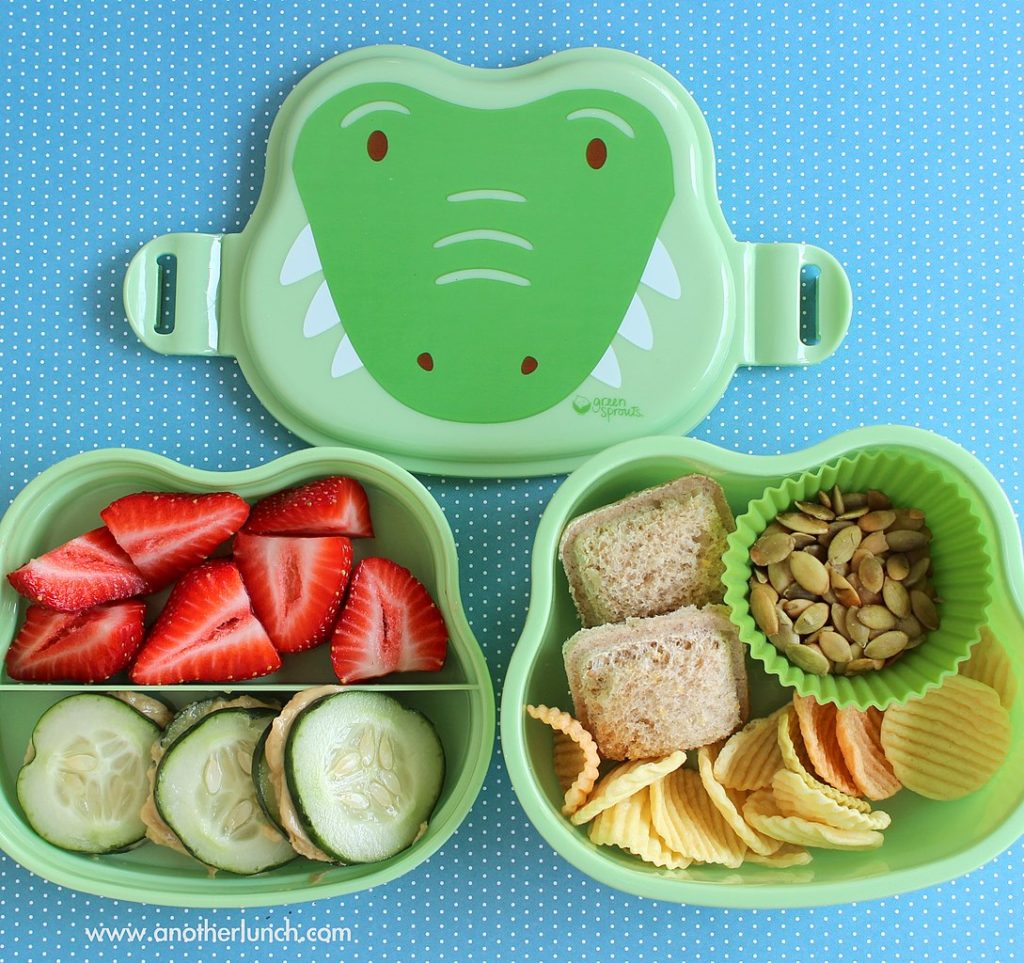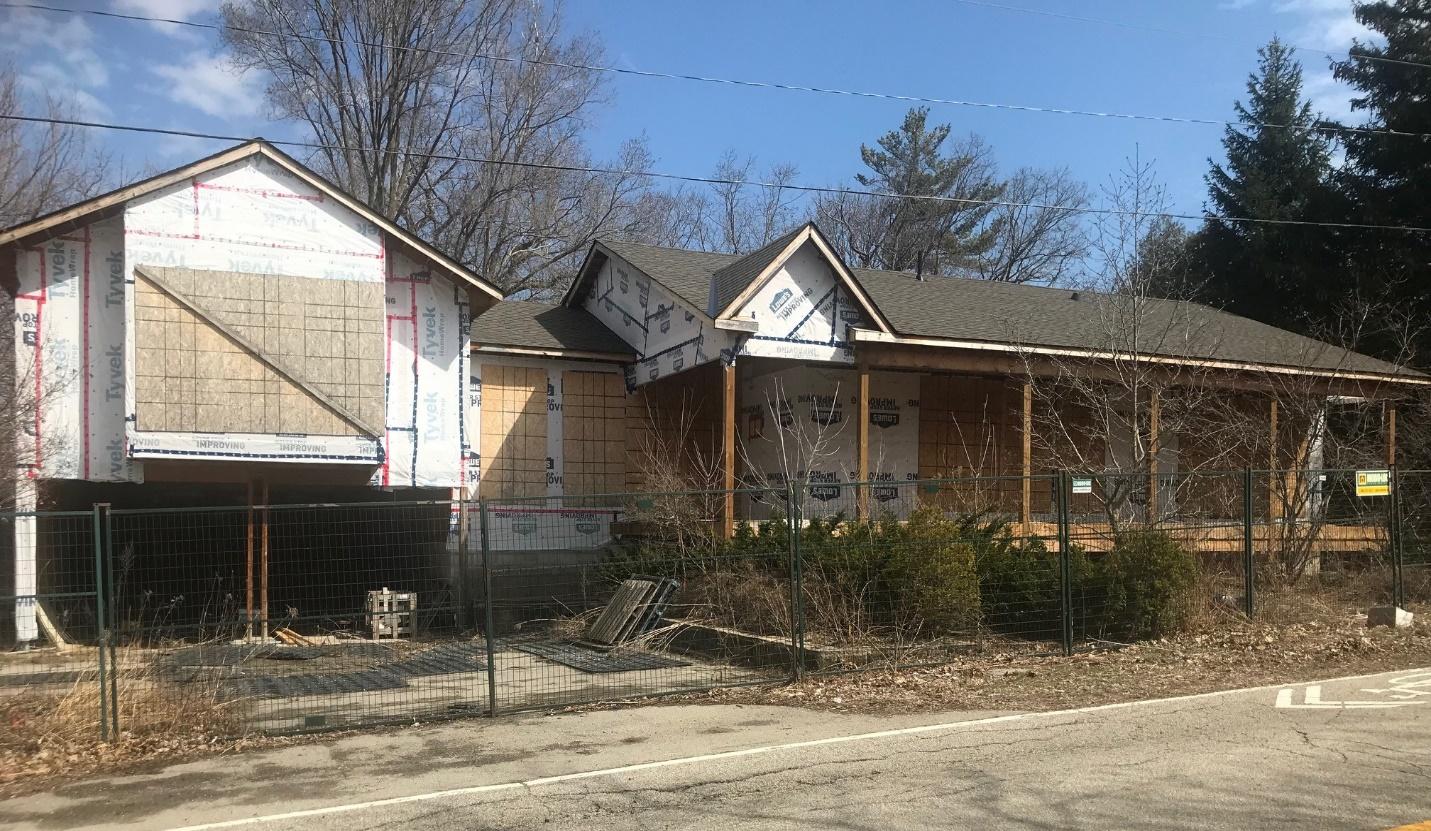Twelve Burlington schools have together diverted 2357 kg of waste from going into landfill sites this school year alone.
These schools have been certified at various levels through EcoSchools’ certification program. EcoSchools provides the sustainable development goals framework, linked to the curriculum. Schools who take on the challenge track and evaluate their progress, supported by Halton District School Board’s Environmental Sustainability Specialist, Suzanne Burwell. The projects are documented, then applications are filled in and sent to EcoSchools, who award the certifications (at the participant, bronze, silver, gold or platinum levels).
While Burwell encourages schools to take on the EcoSchools challenge, it is voluntary, so it’s down to someone at the school to champion the effort — that someone is often a student or team of students, though Burwell notes that she’s seen teachers, school secretaries, principals, and the head custodian lead the projects.
Each EcoSchools team chooses their own goal, be it promoting litterless lunches (popular for elementary schools) or a waste minimization project: the team would set up a waste audit and then a waste divergence campaign, to educate and encourage the student body to put organic waste in the green bin and recyclable waste in the recycling bin.
Because the EcoSchools framework is tied to the curriculum, outdoor learning projects have been extremely popular, particularly during the pandemic. Indeed, amongst the 12 Burlington schools participating this year, there was a total of 7,454 hours of outdoor learning between them.
Outdoor learning might mean a school greening project, which can increase biodiversity and help with stormwater management, or school-wide participation in an Earth Day clean up. These projects also link with key areas of the Halton District School Board (HDSB) multi-year plan, including environmental leadership, mental health and wellbeing, and Indigenous perspectives and awareness, making for a rich learning experience for students.
Burwell, who supports schools by helping complete applications, offering resources and opportunities, and connecting schools for mentorship, notes that every school in Burlington (except for very newly-opened schools) has been certified by EcoSchools at one time or another.
HDSB was one of seven boards who took part in the first year of the EcoSchools initiative over 15 years ago, and Burlington’s M.M. Robinson High School was the first school to certify at a platinum level.
Congratulations to the following schools for their great environmental work this year:
- Orchard Park Public School (platinum level certification)
- St. Anne Catholic Elementary School (gold)
- Holy Rosary Catholic Elementary School (platinum)
- Tecumseh Public School (platinum)
- École élémentaire Renaissance (platinum)
- St. Timothy Catholic Elementary School (bronze)
- John William Boich Public School (gold)
- Dr. Frank J. Hayden Secondary School (gold)
- Sir Ernest Macmillian Public School (platinum)
- C.H. Norton Public School (participant)
- Dr. Charles Best Public School (participant)
- Blyth Academy Burlington (gold)







